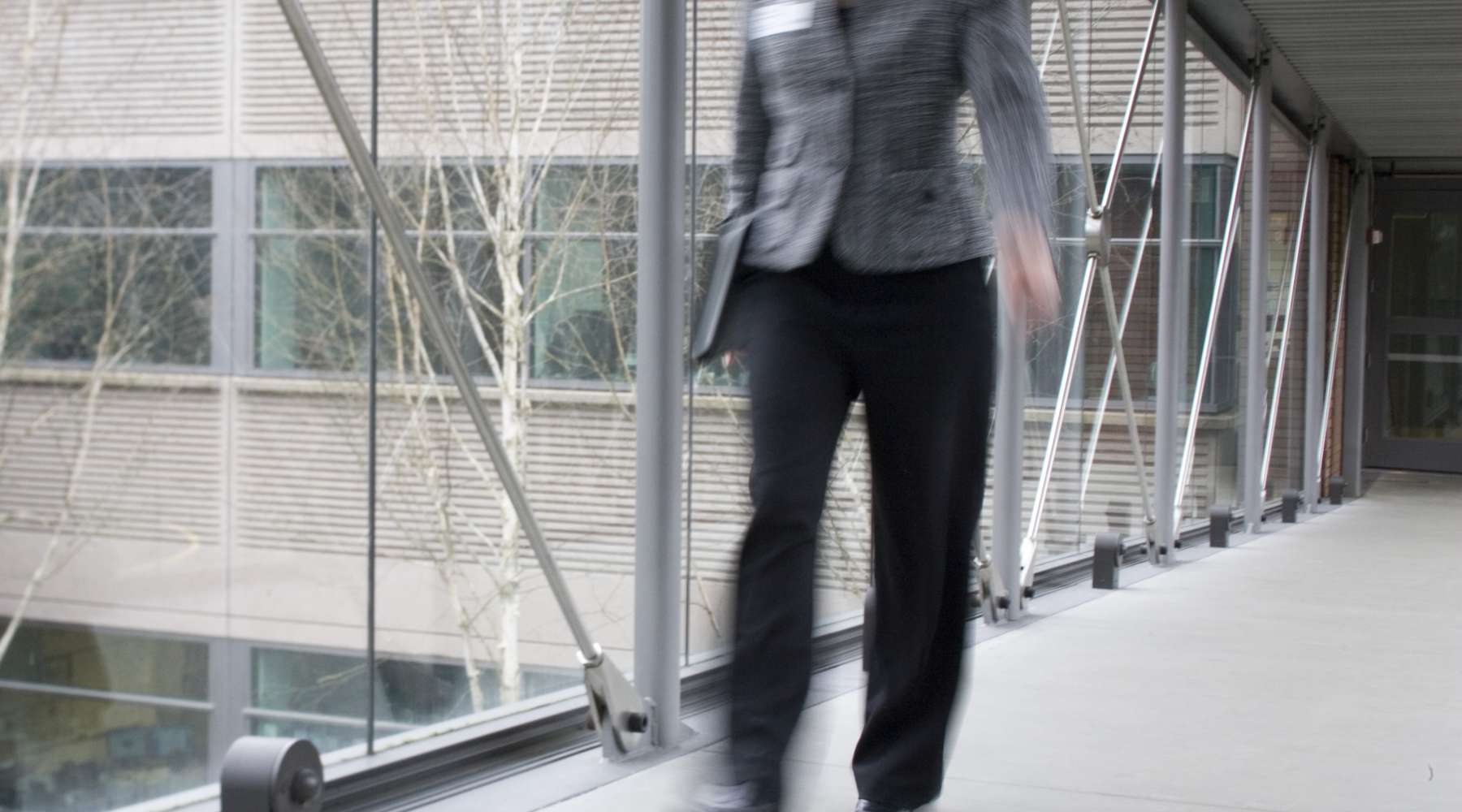
 Jo
Jo_91_119.jpg) nathan Masland is director of Tuck’s Career Development Office (CDO). Stephen Pidgeon T’07 is an associate director of the CDO and author of the books How to Get a Job in Consulting and Case Interviews for Beginners.
nathan Masland is director of Tuck’s Career Development Office (CDO). Stephen Pidgeon T’07 is an associate director of the CDO and author of the books How to Get a Job in Consulting and Case Interviews for Beginners.
Question: How can you best prepare for the actual interview?
Stephen Pidgeon: Research, research, research. You might think you know the company already, but you have to dig deeper. Spend a lot of time looking through their website and looking at their media coverage.
Jonathan Masland: That also goes for the interviewer. If you can find out who it’s going to be, research them. Take a look at what their background is by tracking down their resume or LinkedIn profile.
SP: A great way to set yourself apart, too, is to see if that person has put out books or magazine articles or quotes in publications—you can reference them in the interview. It’s all part of creatively demonstrating the qualities you want to get across, like intellectual curiosity and passion.
JM: The bottom line is that you need to get really good at fit interviews by mastering the four basic questions. They are:
1. Can you take me through your resume or background?
2. Why do you want to work in this industry?
3. Why do you want to work for this company?
4. Why should I hire you?
SP: Be thoughtful in your answers and use techniques from professional storytellers. Think about a great movie or book—they use detailed, colorful stories to hook us. When an interviewer is trying to decide between you and 20 other people he or she met, you want them to remember you because you told your story so effectively.
JM: Definitely. Like Stephen said, you’re going to want to support all of your answers with pithy stories. So don’t just rehearse crisp, effective answers for the basic questions. Rehearse stories that show you in your best light. And don’t let it throw you if the interviewer asks you these questions in different ways—if you go in prepared, thinking on your feet will follow.
SP: One final piece of last-minute advice—we spend so much time thinking about the interview that we forget that the first impression you make is set when you walk in the room. Obviously this is a very stressful situation, but you want to set the tone by being the best version of yourself. Before you go in, do something that gets you pumped up, like listening to inspiring music or walking around the block.
JM: Walking into the interview as someone who is confident and happy to be there rather than as someone scared and stiff can make a huge difference. Good luck and happy interviewing!